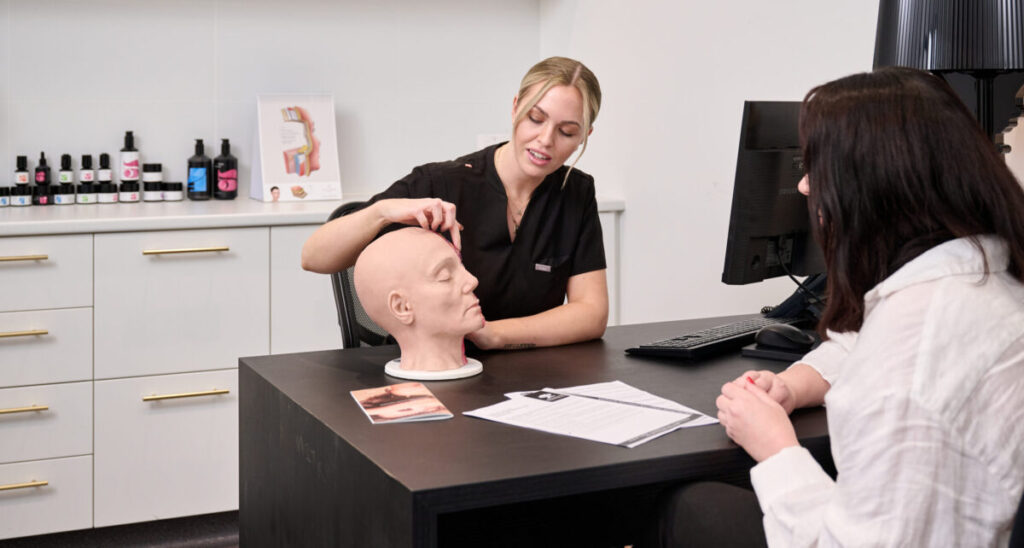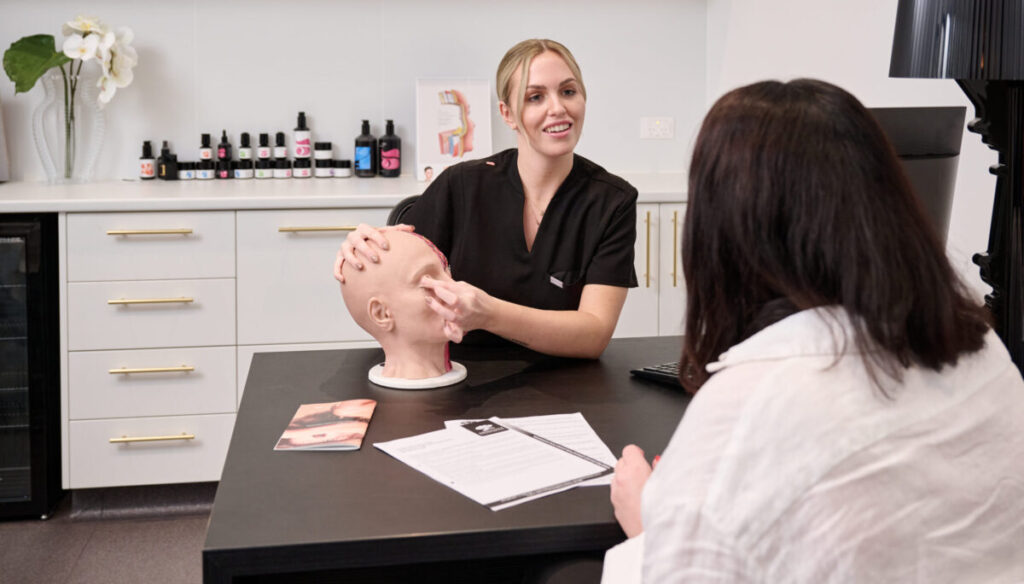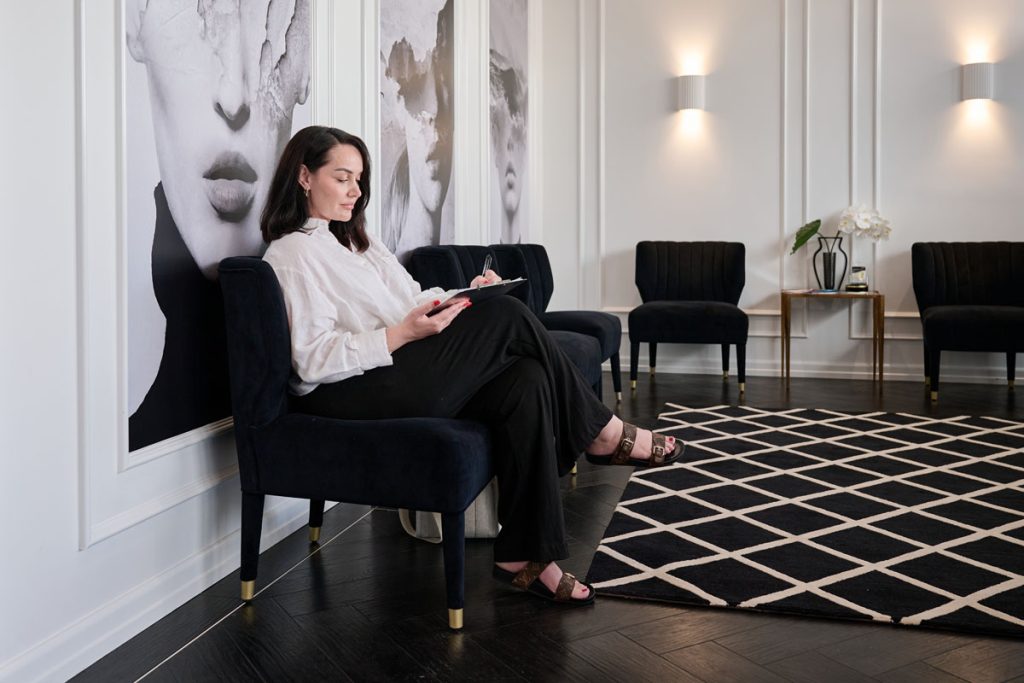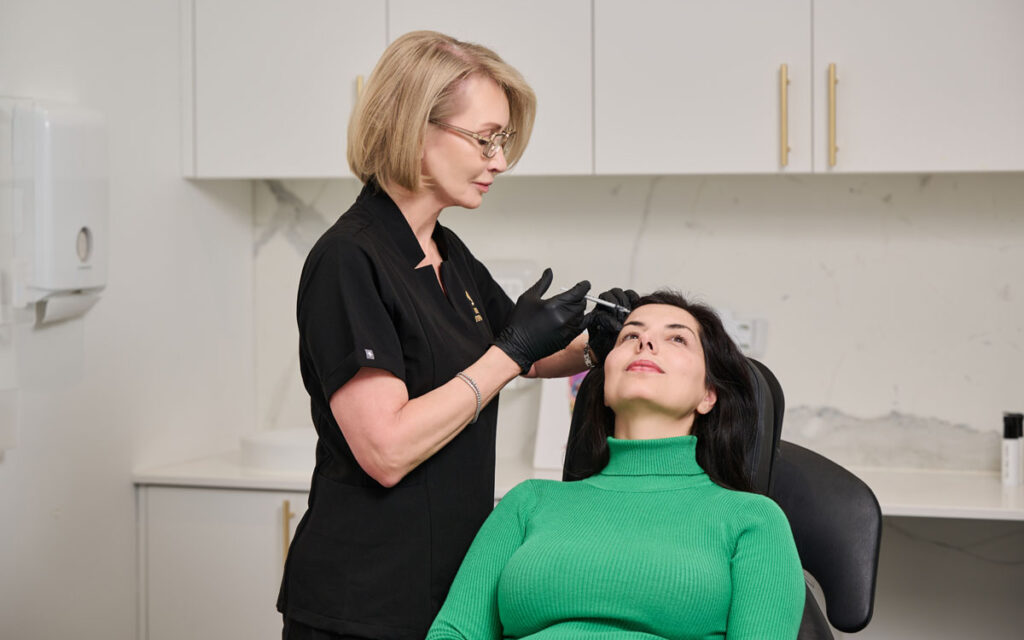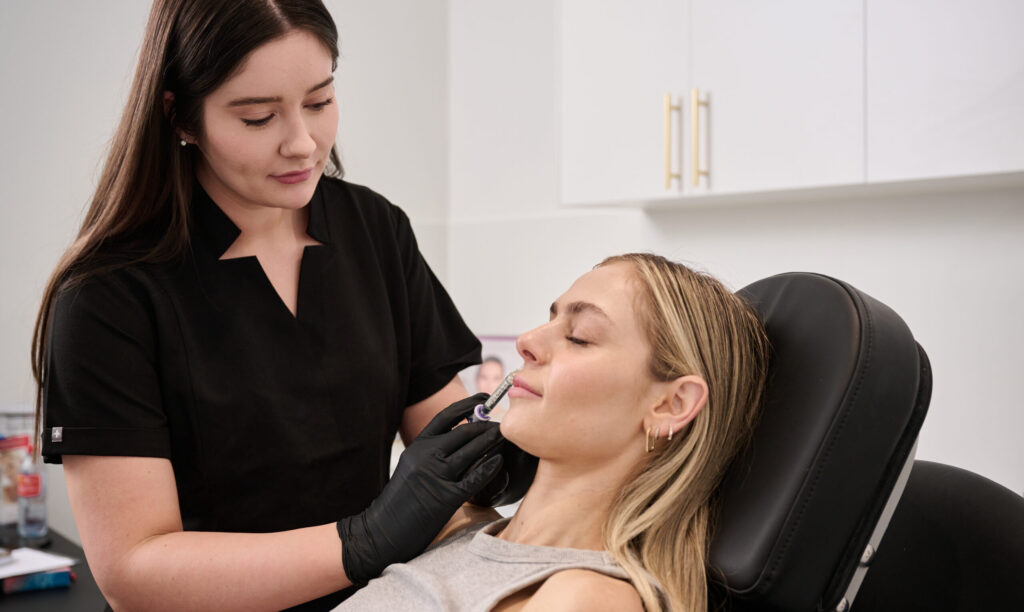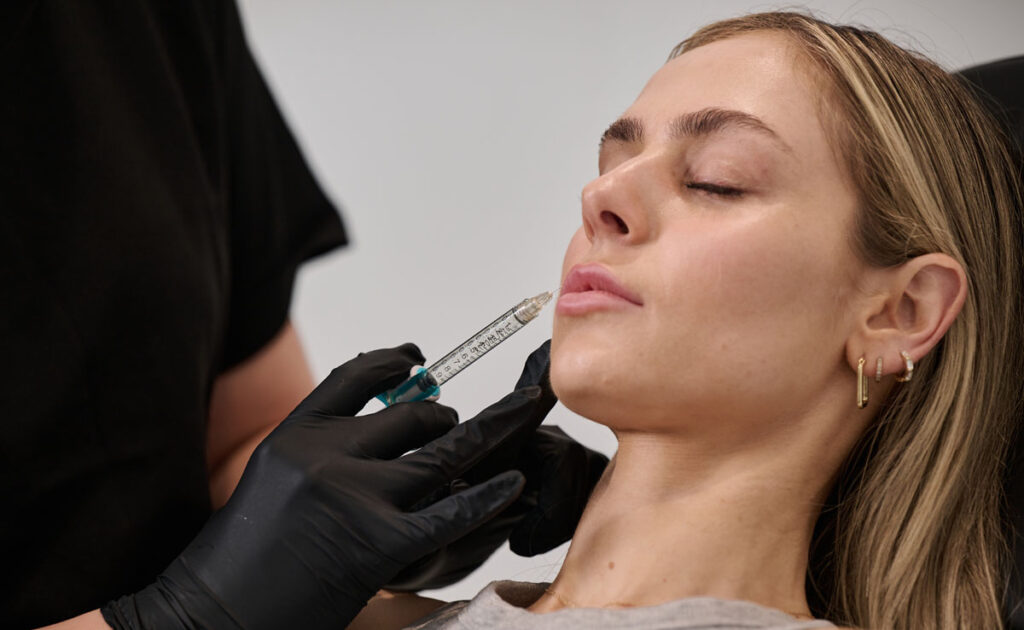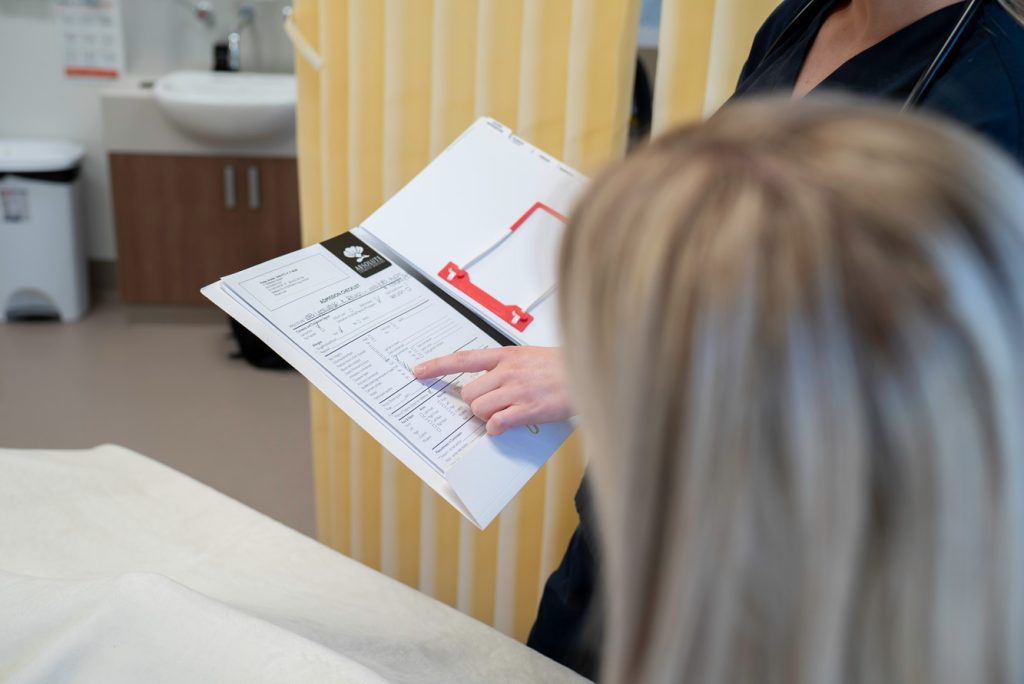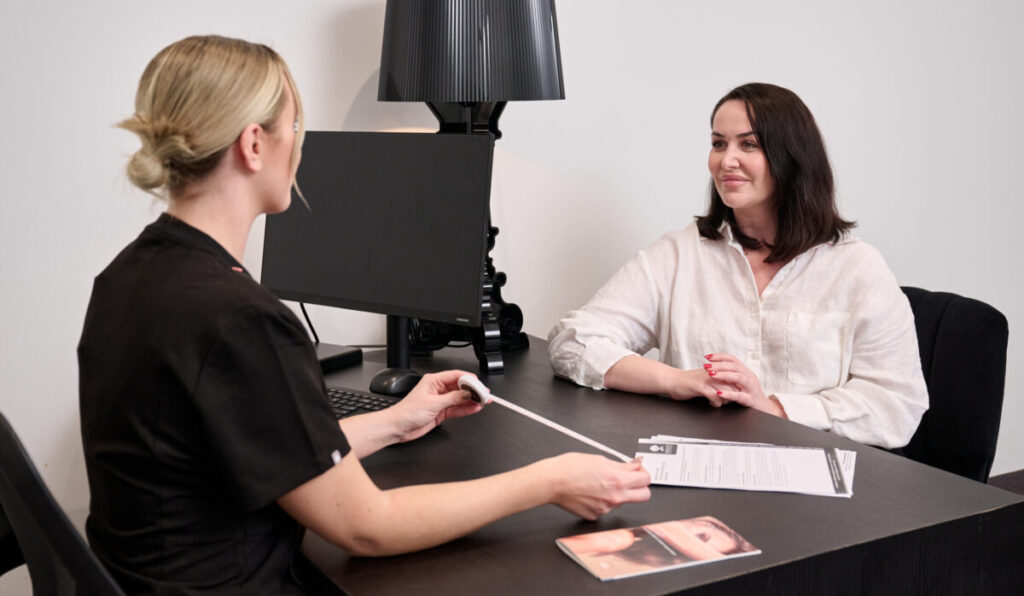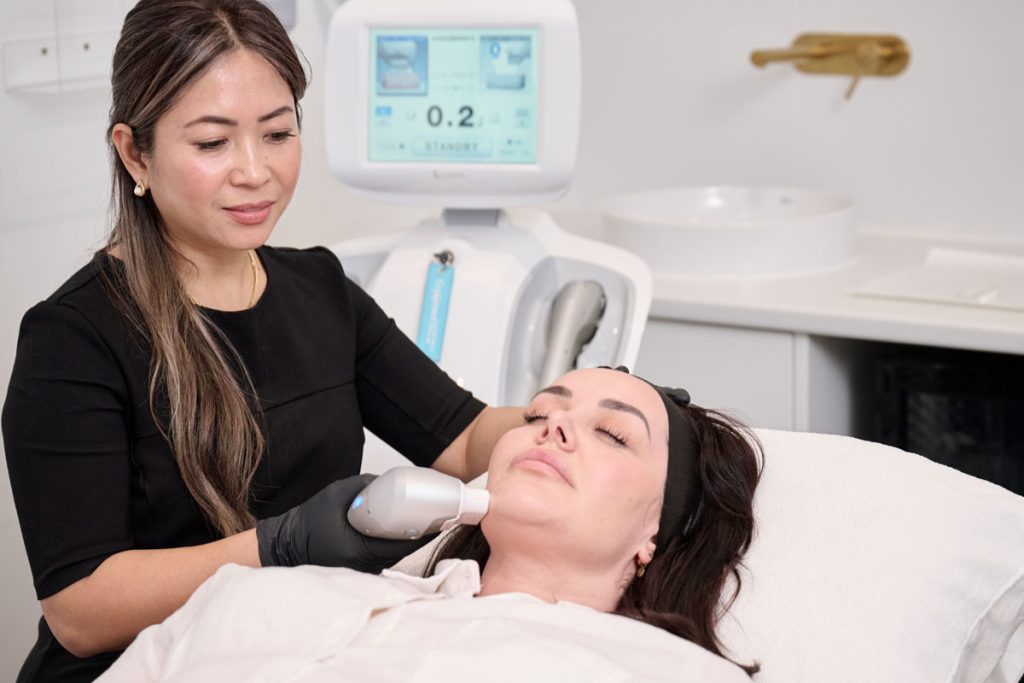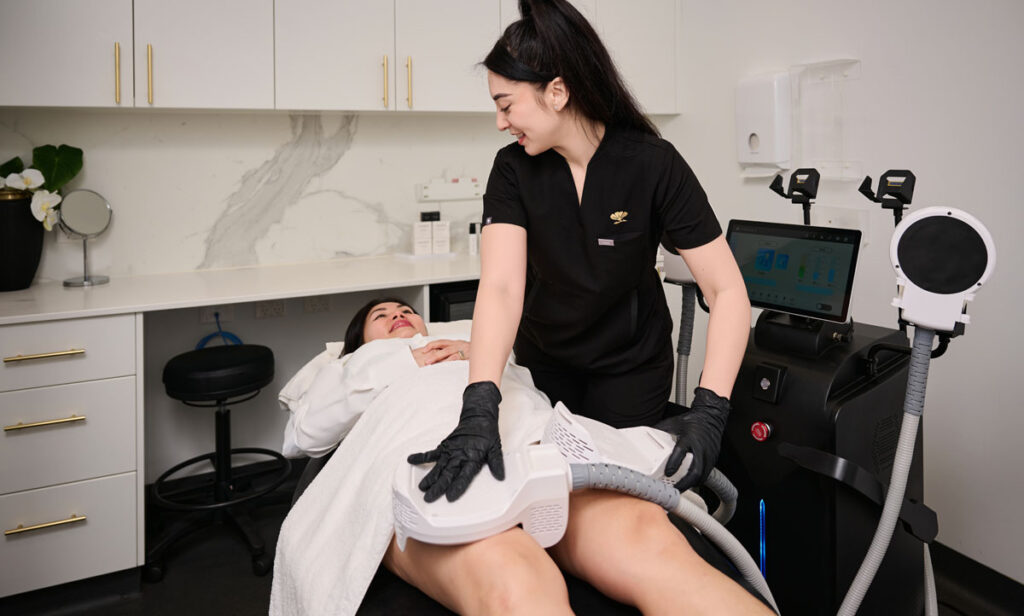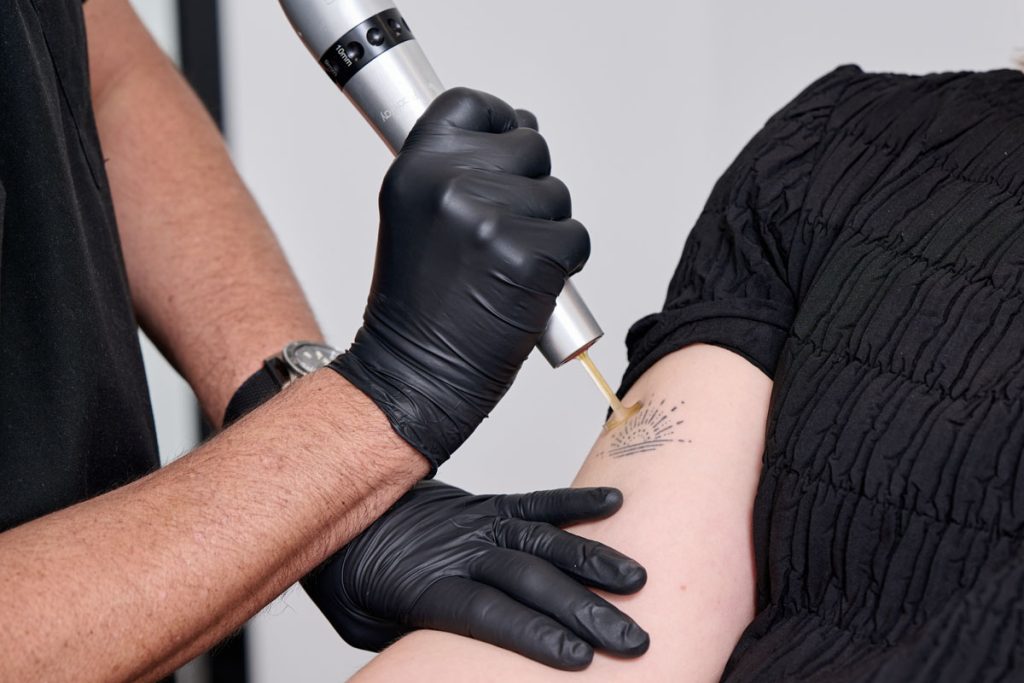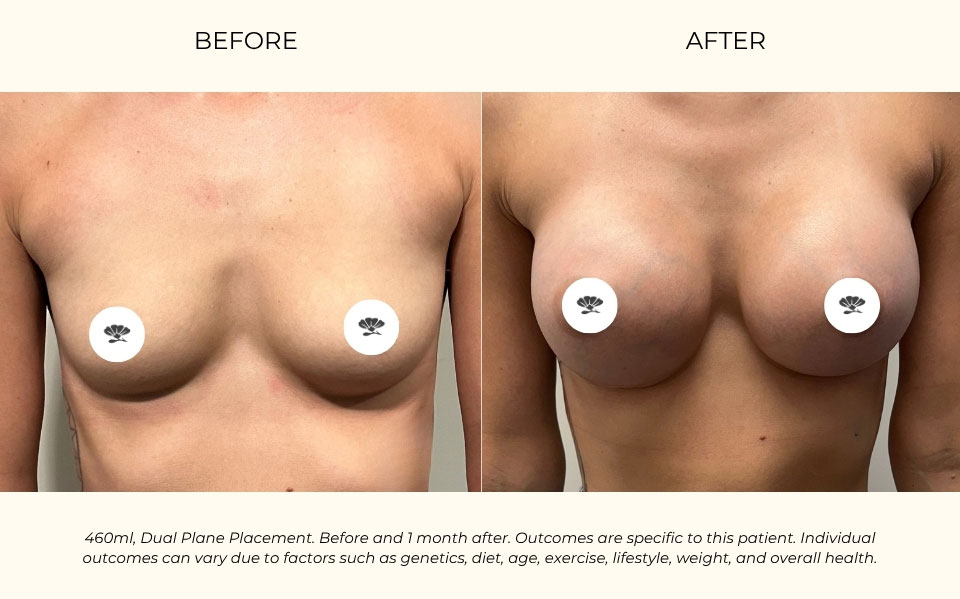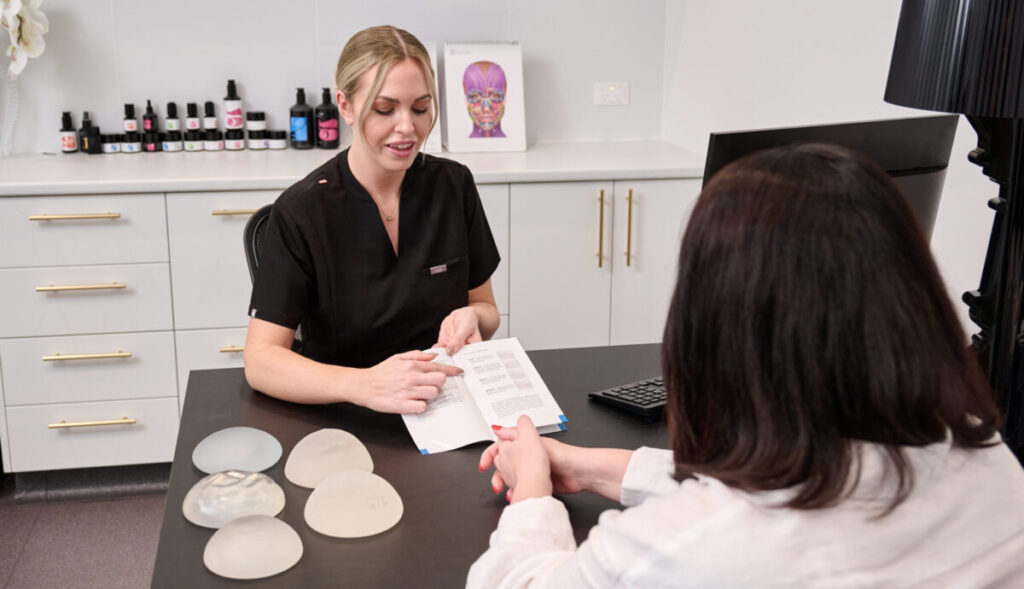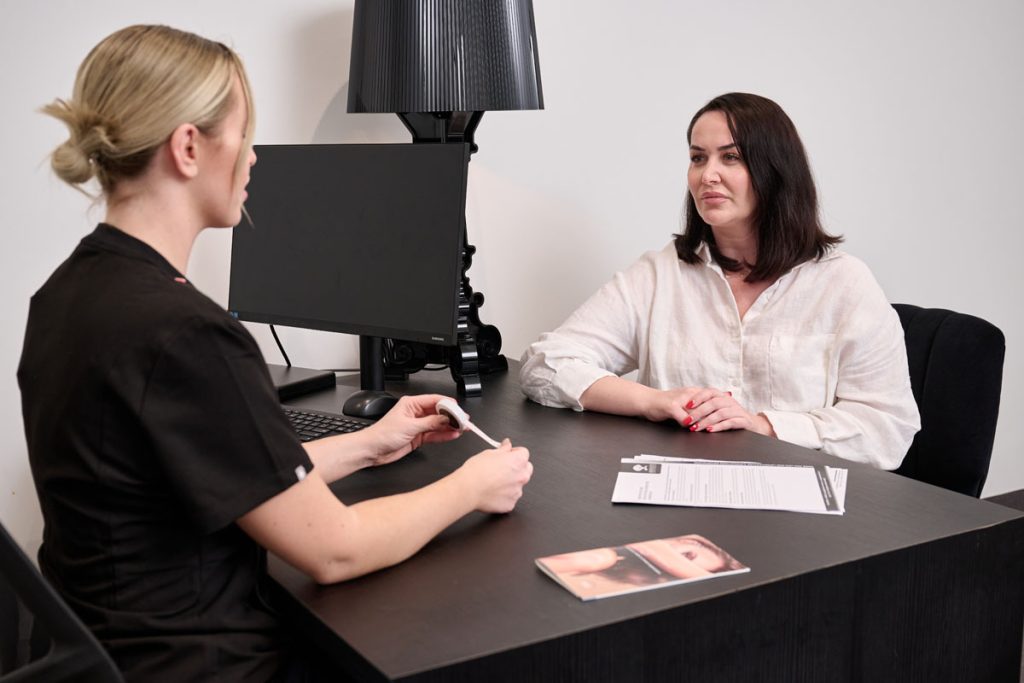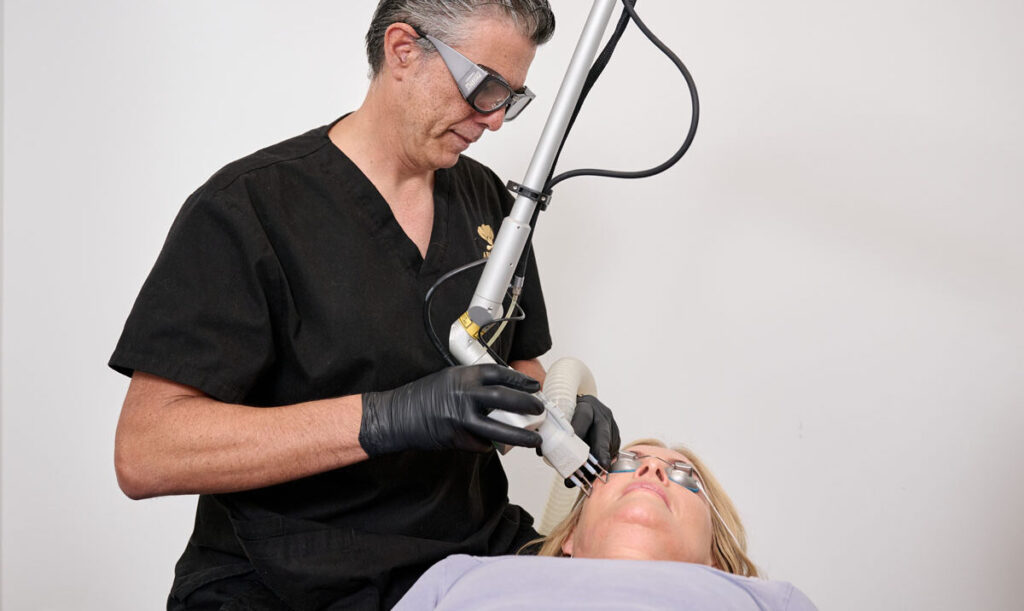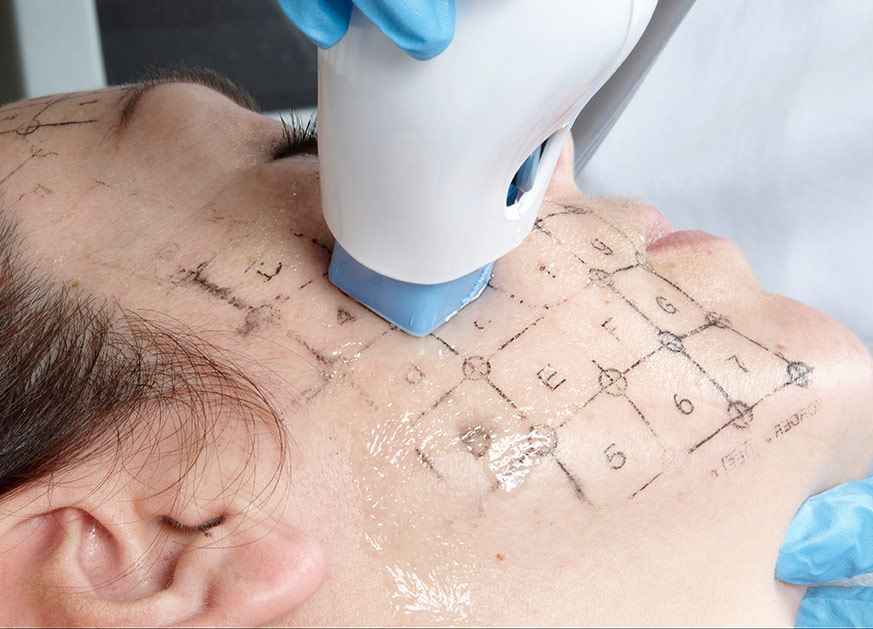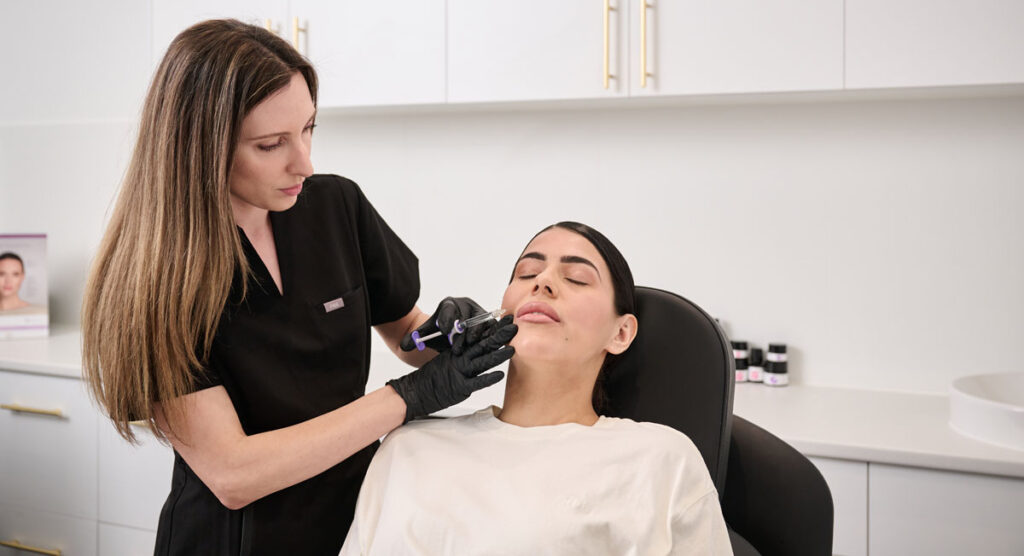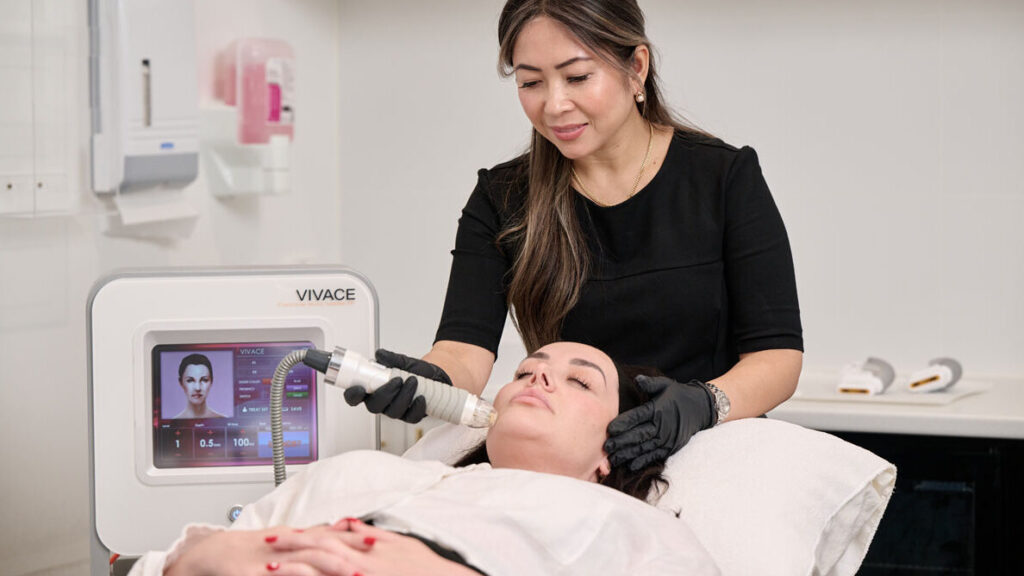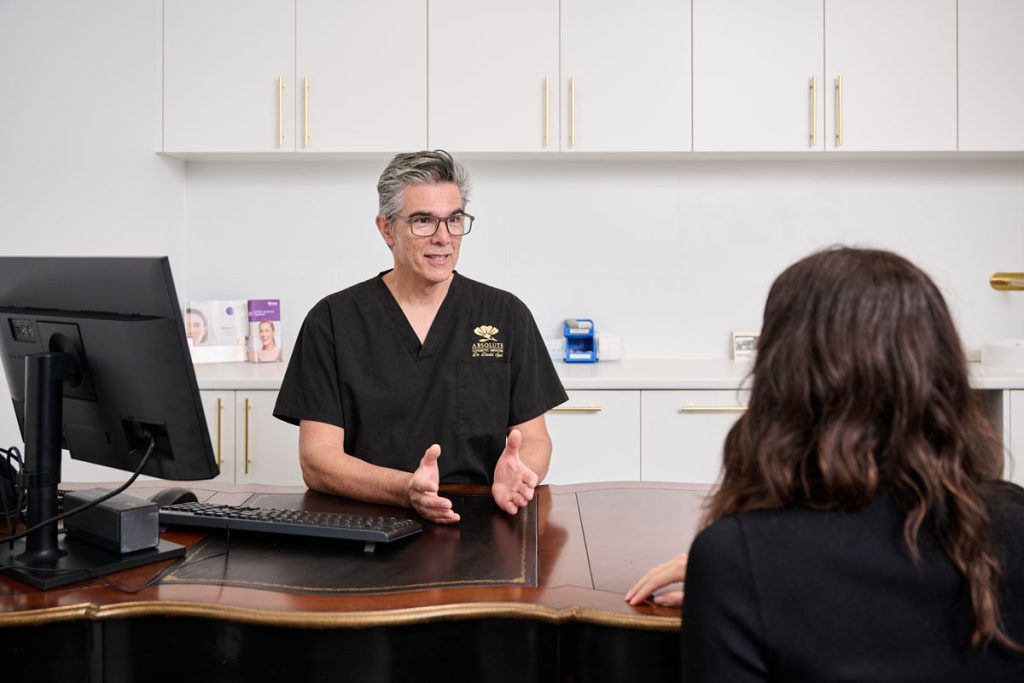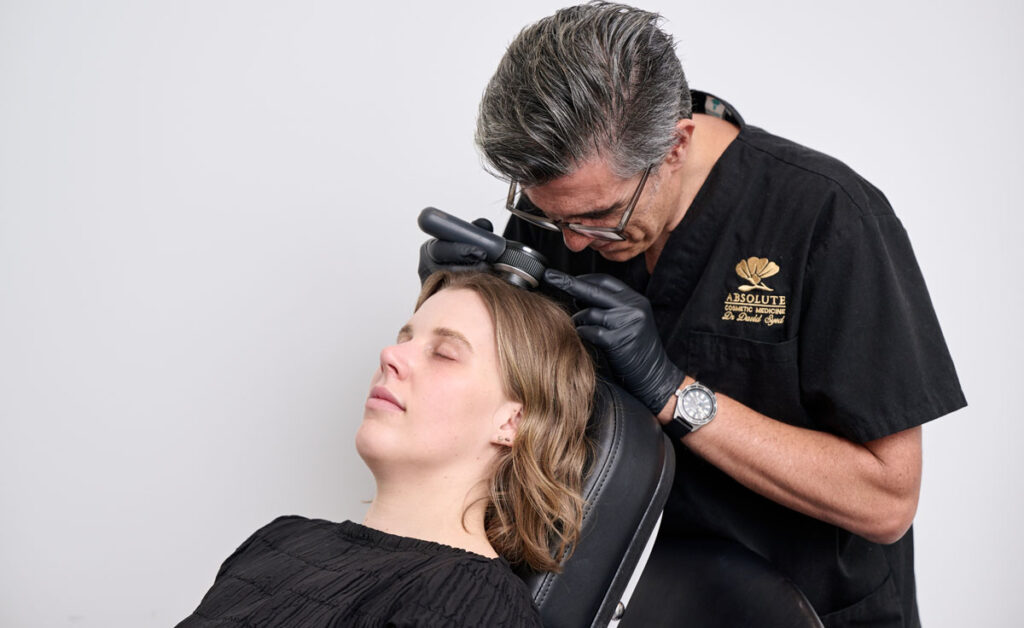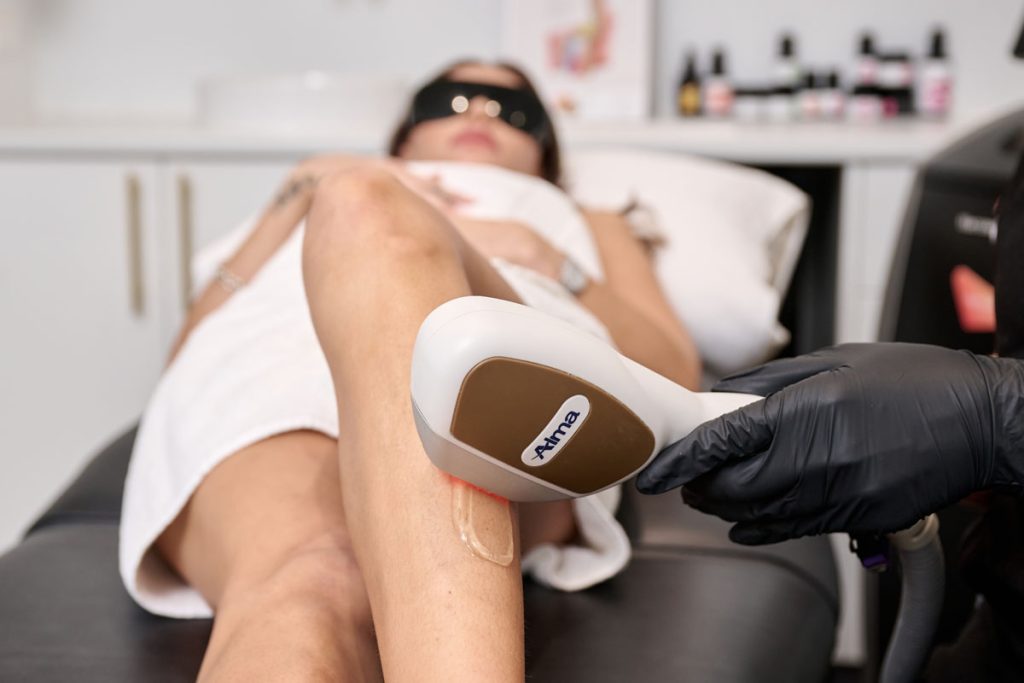Mastering Relaxation Techniques: A Guide to Managing Anxiety Before and After Cosmetic Procedures
Embarking on a journey towards aesthetic enhancement through cosmetic procedures can be accompanied by anticipation and apprehension. Whether it’s the anticipation of undergoing a procedure or the post-operative recovery phase, managing stress is integral to ensuring a positive experience in cosmetic enhancement.
Anxiety, both general and specific to cosmetic procedures, can manifest in various forms, ranging from pre-operative jitters to concerns about post-procedure recovery. It’s common for patients to grapple with fears surrounding the unknown, apprehensions about potential outcomes, or worries about the procedure itself. However, amidst these anxieties lies an opportunity to cultivate resilience and empowerment through effective stress management techniques.
Meditation and relaxation techniques offer invaluable tools for calming the mind, soothing frazzled nerves, and promoting a sense of inner tranquility. By incorporating these practices into your pre-operative and post-operative routine, you can navigate the cosmetic procedure journey with greater ease.
In this guide, we’ll explore a range of relaxation techniques, each tailored to address specific aspects of anxiety management. From mindfulness meditation to guided imagery, progressive muscle relaxation, and beyond, these techniques serve as powerful allies in your quest for emotional well-being and readiness for cosmetic procedures.
By integrating these practices into your daily routine, you can cultivate a sense of inner peace and resilience that will serve you well throughout every stage of the cosmetic procedure journey. Let’s delve into these techniques and discover how they can help you embrace your aesthetic aspirations with serenity and confidence.
- Mindfulness Meditation: Mindfulness meditation cultivates present-moment awareness, allowing patients to observe their thoughts and sensations without judgement. By focusing on the here and now, practitioners can alleviate anxiety and foster mental clarity.
- Guided Imagery: Guided imagery harnesses the power of visualisation to replace stressful thoughts with tranquil imagery. Through guided sessions led by a therapist or recordings, patients immerse themselves in peaceful scenes, promoting relaxation of both mind and body.
- Progressive Muscle Relaxation (PMR): PMR involves systematically tensing and then relaxing muscle groups, heightening awareness of bodily tension and promoting overall relaxation. This technique empowers patients to recognise and release physical stressors, inducing a state of calmness.
- Breathing Exercises: Deep breathing exercises offer a simple yet potent method for reducing anxiety. By focusing on slow, deliberate breaths, individuals can alleviate tension, slow the heartbeat, and lower blood pressure, fostering a sense of tranquility and balance.
- Body Scan Meditation: Body scan meditation involves systematically directing attention to various parts of the body, fostering awareness of bodily sensations without attempting to alter them. This practice promotes relaxation and mindfulness, aiding in stress management.
- Yoga: Yoga integrates physical postures, breathing techniques, and meditation, offering an integrated approach to mental and physical well-being. By engaging in yoga practices, patients can enhance flexibility, reduce stress, and cultivate inner peace.
- Tai Chi: Tai Chi, characterised by slow, flowing movements and deep breathing, promotes serenity and mindfulness. Often referred to as “meditation in motion,” this ancient martial art offers gentle yet powerful stress-relieving benefits.
- Autogenic Training: Autogenic training utilises guided imagery and body awareness to induce relaxation. By repeating soothing suggestions, patients can alleviate muscle tension and mental stress, fostering a profound sense of calmness.
- Biofeedback: Biofeedback empowers individuals to gain control over physiological responses through real-time monitoring of bodily functions. By enhancing awareness of physiological cues, individuals can learn to regulate stress responses effectively.
- Music and Art Therapy: Engaging in or listening to music, and taking part in art therapy, serves as therapeutic modalities for anxiety reduction. These creative outlets offer avenues for self-expression and relaxation, promoting emotional well-being.
Each of these relaxation techniques holds the potential to alleviate anxiety and prepare patients for cosmetic procedures. Through regular practice and exploration, patients can discover the techniques that resonate most deeply with them, forging a path towards enhanced well-being and tranquility amidst the cosmetic journey.
- General disclaimer:
Patient outcomes can vary due to factors such as genetics, diet, age, exercise, lifestyle, weight, and overall health. It’s essential to understand that all invasive surgeries come with inherent risks and require a recovery period and specific care regimen.
Detailed information regarding surgical risks and complications is available on our website, but it is advisable to conduct thorough research and obtain a second opinion to ensure you are able to make an informed decision.
Please note that the information provided is general in nature and does not constitute medical advice or establish a doctor-patient relationship. Please be advised that surgical outcomes vary, from patient to patient, and comprehensive research is crucial before making any decisions.


